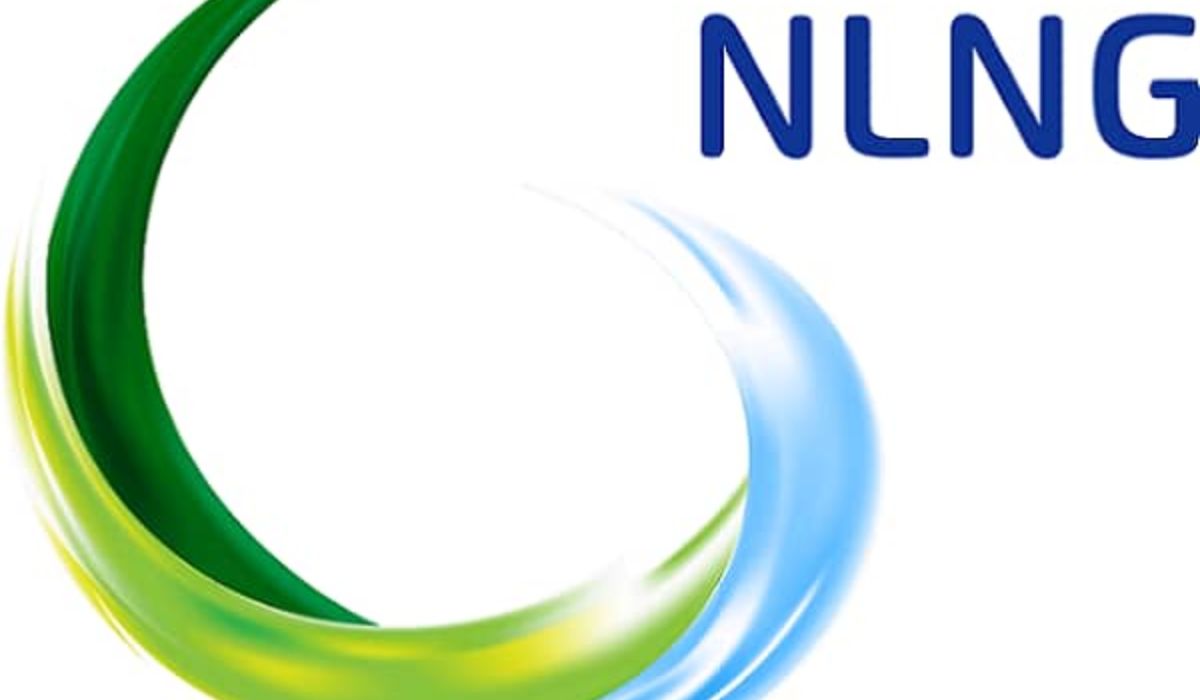NLNG’s $10B Train 7 Project Hits 80% Completion, Seeks Expert Input for Final Phase

Nigeria Liquefied Natural Gas Limited (NLNG) has announced that its $10 billion Train 7 Project has reached 80 percent completion and will require specialized technical expertise as it nears its final stages.
The company approved the Final Investment Decision for this technologically sophisticated initiative in December 2019.
Dr. Sophia Horsfall, General Manager for External Relations and Sustainable Development at NLNG, announced Wednesday’s launch ceremony in Port Harcourt. The event marked the beginning of an intensive three-month Advanced Nigerian Content Human Capital Development Programme for 140 participants. The program is jointly organized by the Nigerian Content Development and Monitoring Board (NCDMB) and NLNG for operations on Bonny Island in Rivers State.
Dr. Horsfall praised the NCDMB’s partnership in the training initiative, describing it as “a reaffirmation of NLNG’s unwavering commitment to human capital development.”
She emphasized that the collaboration has strengthened NLNG’s ability to build a competent and professional workforce for Nigeria’s petroleum sector.
Describing the initiative as a “robust, advanced… on-the-job training programme,” Dr. Horsfall explained that participants would gain hands-on experience working directly within NLNG’s Bonny Island operations.
The current cohort consists of university graduates from diverse academic backgrounds who have already completed a year-long foundational training program covering multiple oil and gas industry competencies. They are now entering the practical phase, which includes direct participation in operational activities such as Turn Around Maintenance, Commissioning, and Desktop Programmes, among other areas.
Previously, in November 2024, 331 participants in Batch A of the NLNG Train 7 Human Capital Development (HCD) Programme began developing expertise in facility management, engineering, Information and Communication Technology (ICT), Health, Safety and Environment (HSE), Quality Assurance and Quality Control (QA/QC), as well as welding and fabrication.
Additionally, 77 participants in Batch B commenced training in data analytics and supply chain management, along with other disciplines essential to petroleum industry operations.
Addressing the trainees and instructors from the Oil and Gas Trainers Association of Nigeria (OGTAN), as well as leadership from both NCDMB and NLNG, the NCDMB Executive Secretary, Engr. Felix Omatsola Ogbe described the Advanced NC-HCD training as more than just a milestone, calling it an expression of the collective commitment of the Board and NLNG “to nurturing world-class Nigerian professionals who will shape the future of our oil and gas industry.”
He emphasized the Board’s belief that Human Capital Development represents “a critical investment in the sustainability and competitiveness” of Nigeria’s petroleum value chain. He noted that more than 400 Nigerians have completed foundational training across various technical and specialized fields, gaining practical capabilities aligned with industry demands.
Represented by the Manager of Human Capital Development, Mrs. Tarilate Teide-Bribena, Engr. Ogbe stated that the Board and NLNG are “advancing even further by formally launching the on-the-job component of the NLNG Train 7 NC-HCD Programme,” which will provide 140 capable Nigerians with hands-on experience across technical areas within NLNG’s Bonny Island facilities.
He praised NLNG as “a trusted and forward-looking partner in the development of Nigeria’s human capital base,” recognizing the company’s consistent collaboration and its exceeding of Nigerian Content compliance requirements. He added that NLNG has “consistently shown leadership in embracing the spirit of national capacity building.”
Engr. Ogbe also acknowledged OGTAN’s essential role in ensuring that training content, delivery methods, and development frameworks meet actual industry needs.
He noted that the instructors have effectively connected training with job readiness, ensuring that participants are not only educated but also prepared to contribute meaningfully from the start of their careers.





